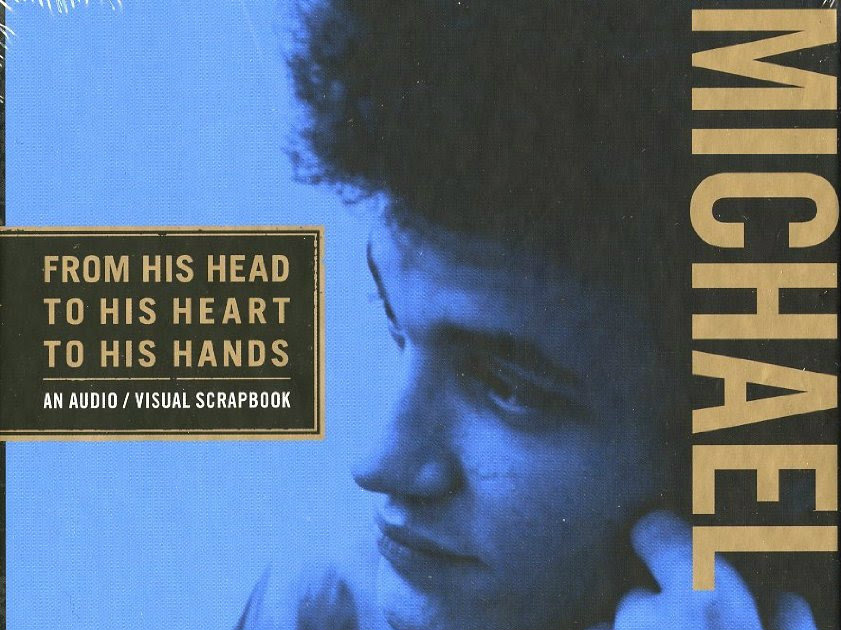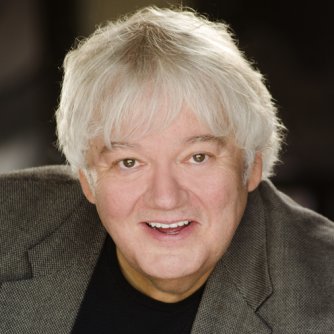

Carlos Santana said that on the sad day after Mike Bloomfield’s death at 37 on Feb. 15, 1981. Already Bloomfield had slipped into obscurity as far as the charts were concerned. Journey and Stevie Nicks had the sales. The Cure, Depeche Mode, and U2 had the alternative crowd. A Chicago blues legend being found silenced in his car from an accidental overdose was noted and the world moved on.
Over time, fans of the man Muddy Waters called “his son” have assembled fragments of the legend. Bloomfield hardly ever sang: he just played perfect blues guitar. Iconic record producer John Hammond found him in his native Chicago and put him in some Columbia sessions in 1964.
From there he joined the Paul Butterfield Blues Band and can be heard on scorching tracks like the 13-minute title cut on East/West flying through a mixture of jazz raga rock. A year later he recorded "Like a Rolling Stone" with Bob Dylan and appeared on stage with him when the plugged-in reception felt the chill of summer in Newport.
From there and beyond, the pieces fall into place, lovingly arranged and produced by Bloomfield’s friend Al Kooper, who thought he was going to play guitar on "Rolling Stone" but when he heard the kid from the Windy City he moved over to the wailing organ. How does it feeeel?
The result, a 3-CD 1-DVD compilation, flows like a long awaited biography. (Yes "Like a Rolling Stone" is there, but in a stroke of genius Dylan’s vocals are gone and you just hear what the band played.) Bloomfield articulates and punctuates throughout with licks we all have installed in our brain.
If you were around for these moments, the brass infused Electric Flag, and the two albums with Kooper that includes the one-time-only pinnacle Super Session—he’s only on Side 1—he quit after the first night leaving Kooper a note: “Alan, can’t sleep. Went home.” One night in the studio became his greatest commercial success.
The side projects round out a life unfinished, including some great blues humor on the live “I’m Glad I’m Jewish.” Deep Bloomfield fans are complaining about choices and deletions (there’s :30 deleted from “Killing Floor,” the over the moon kickoff for the Electric Flag. I don’t get that either) but Kooper’s project is going to be an incredible start for a lot of fans just discovering an artist of monumental significance whose neglect may be coming to a welcome conclusion.
In a 2009 Rolling Stone interview Bob Dylan remembered Mike Bloomfield as "the guy that I always miss. . . . He had so much soul. And he knew all the styles." This much needed collection is a 21st century coming out for an independent icon whose thing wasn’t about fame, it was about that second stop on the way. The heart of Mike Bloomfield beats throughout "From His Head to His Heart to His Hands."









